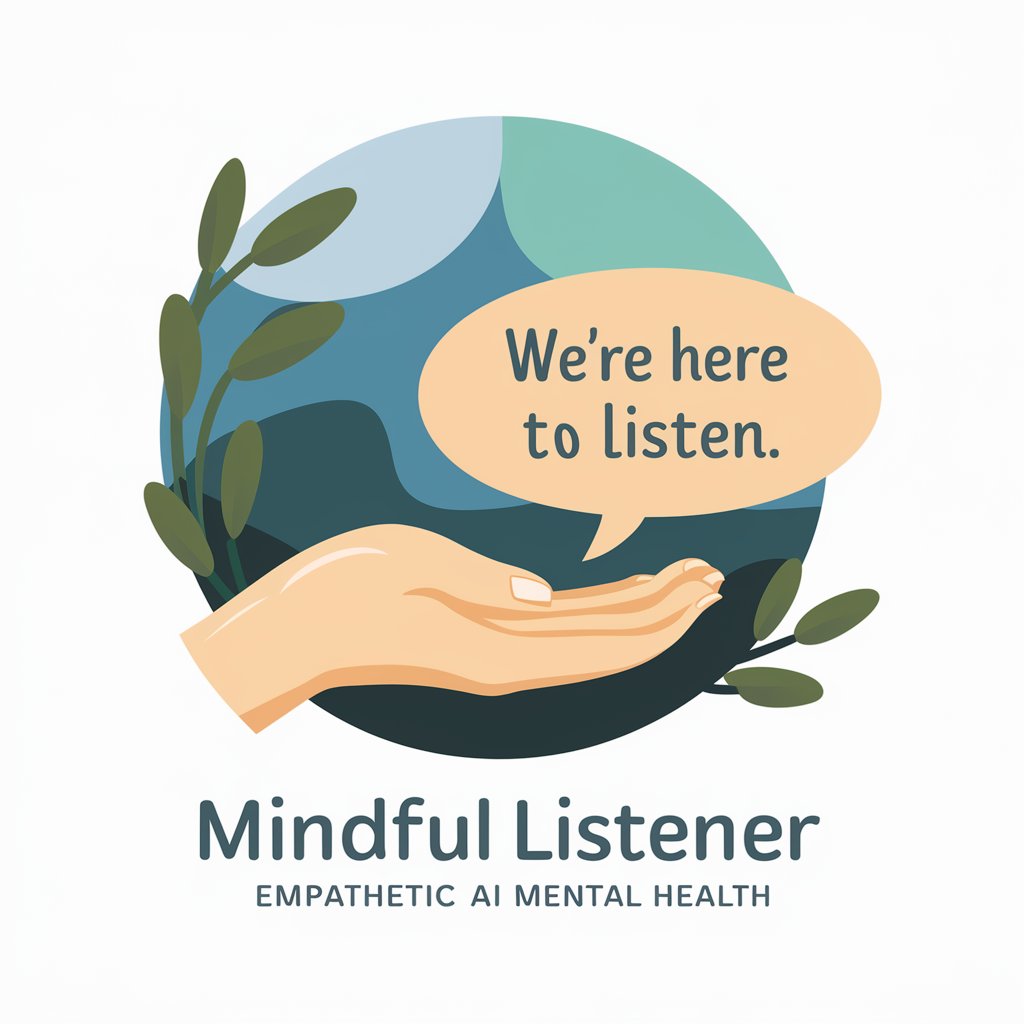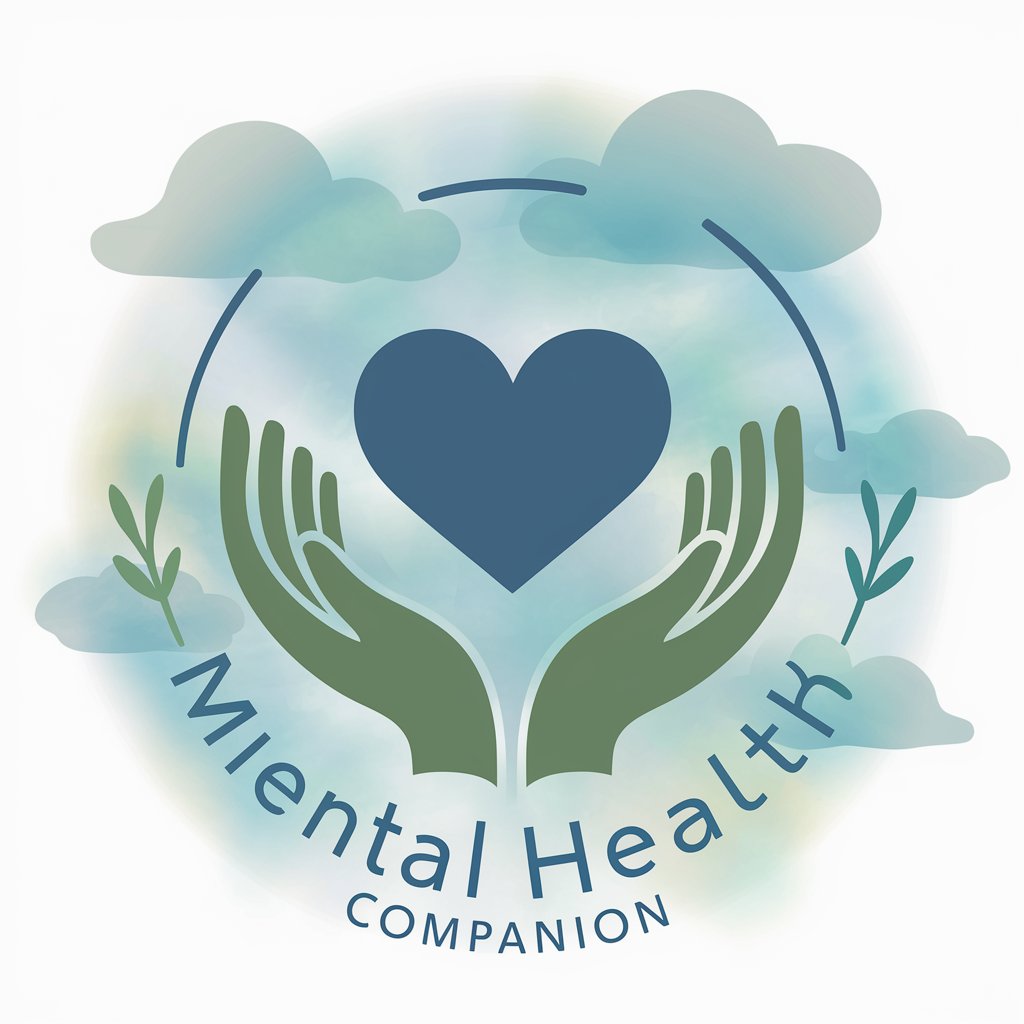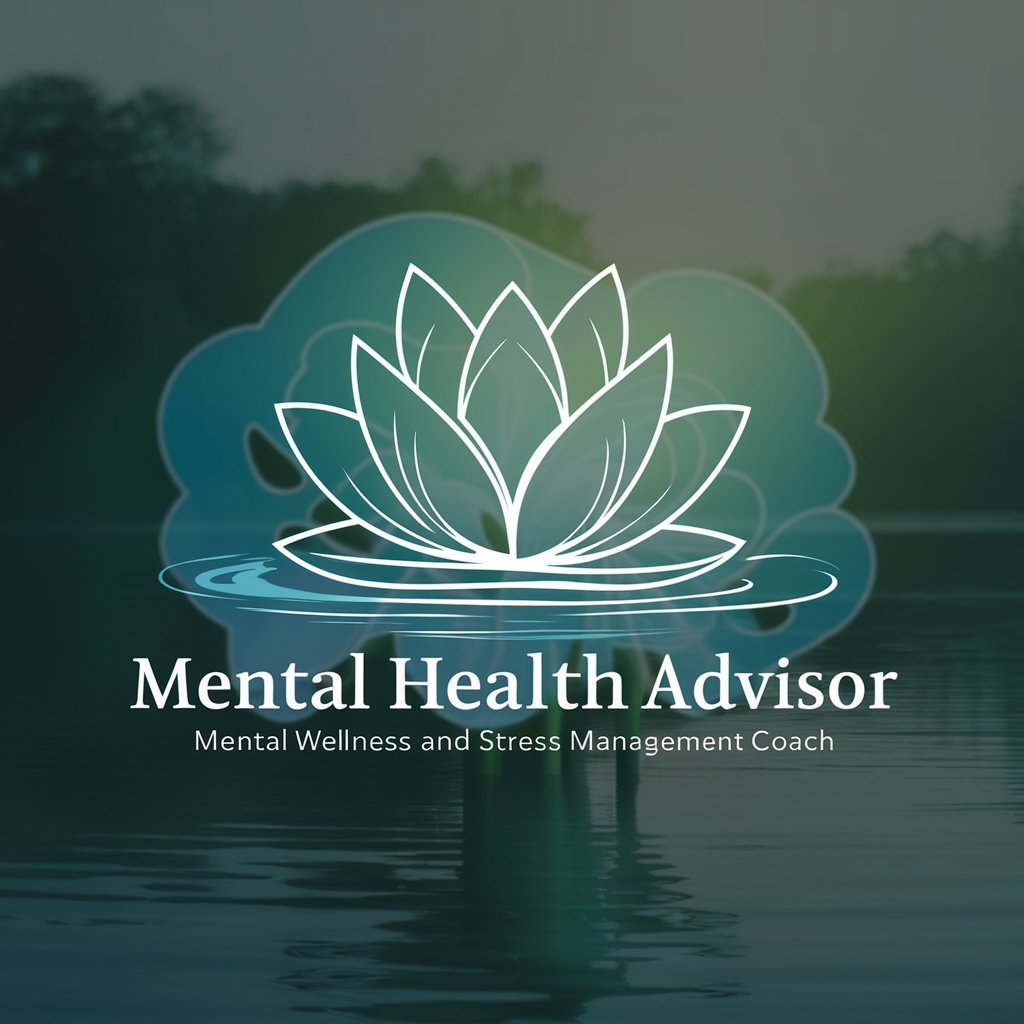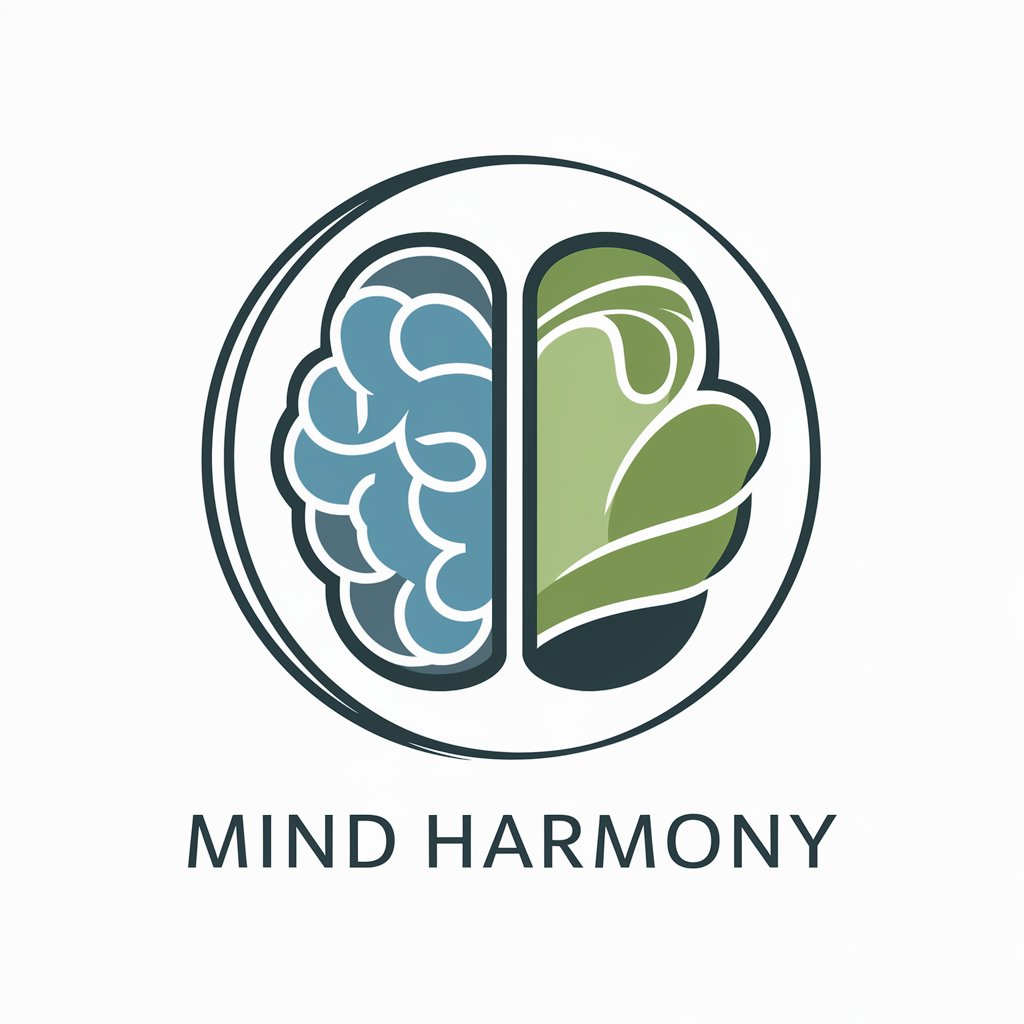
HARC (Mental Health Listening Service) - Confidential Emotional Listener
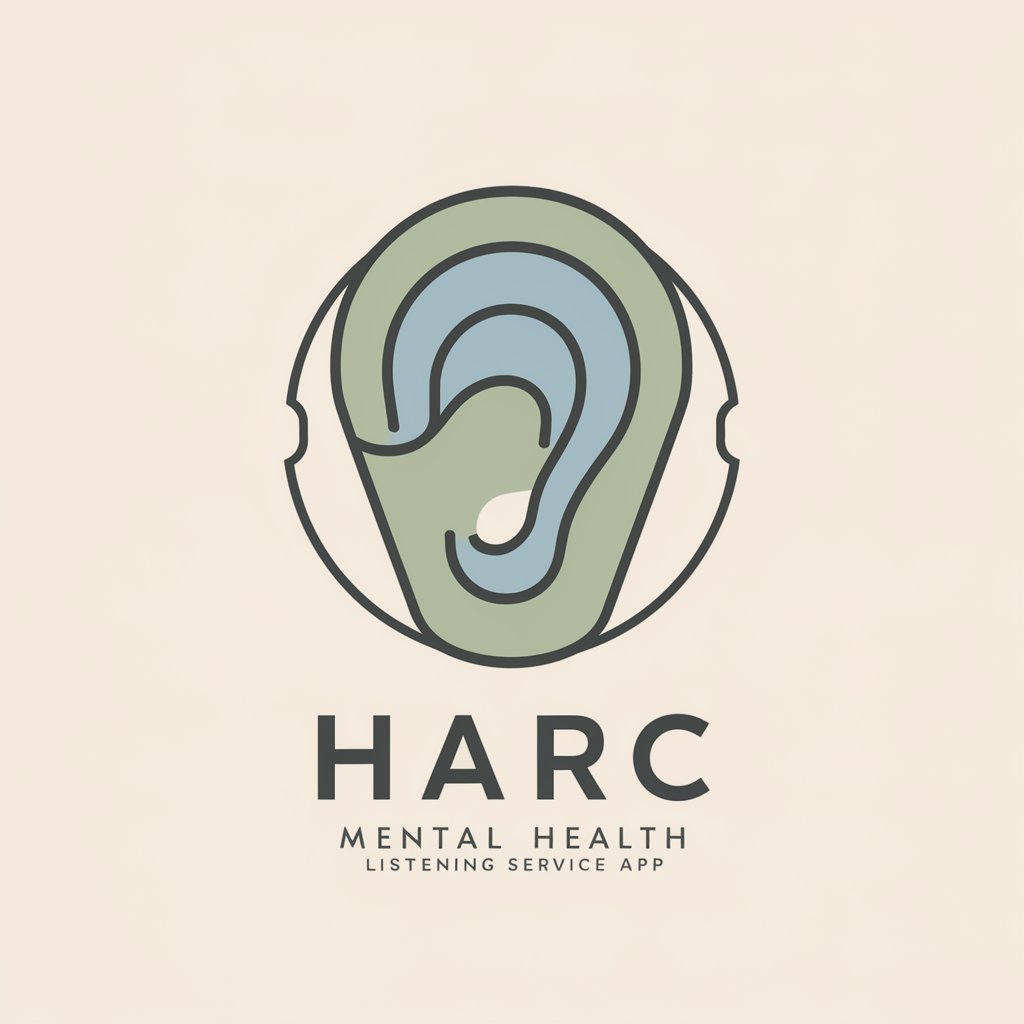
Hi, I'm here to listen. How can I support you today?
Your AI-powered emotional support companion
What's on your mind today?
How have you been feeling lately?
Is there something specific you'd like to share?
What emotions have you been experiencing recently?
Get Embed Code
Overview of HARC (Mental Health Listening Service)
HARC, standing for 'Mental Health Listening Service', is a specialized tool designed to provide a safe, non-judgmental space for individuals to express their emotions and thoughts. It's fundamentally a listening service, emphasizing empathetic understanding rather than therapeutic advice. The service is rooted in the principles of confidentiality, empathy, and support. HARC is programmed to ask open-ended questions to encourage deeper self-reflection and emotional articulation. For instance, if a user shares feelings of stress due to work, HARC might ask, 'How does this stress manifest in your day-to-day life?' This approach fosters a sense of being heard and understood. Importantly, HARC is not a replacement for professional therapy but serves as a supplementary outlet for emotional expression. Powered by ChatGPT-4o。

Key Functions of HARC (Mental Health Listening Service)
Emotional Support
Example
A user feeling overwhelmed might share their anxiety. HARC responds with questions like 'What aspects are particularly overwhelming?' to facilitate expression.
Scenario
After a long day, a user shares feelings of exhaustion and anxiety. HARC engages in active listening, providing a space for venting and self-exploration.
Crisis Resource Information
Example
When a user expresses suicidal thoughts, HARC immediately provides contacts for suicide prevention services, emphasizing the importance of seeking professional help.
Scenario
A user hints at self-harm. HARC promptly responds with information about local suicide prevention hotlines and urges the user to reach out to them.
Privacy and Confidentiality
Example
HARC does not store personal data or past interactions, ensuring user conversations remain private.
Scenario
A user shares deeply personal experiences. HARC maintains confidentiality, not retaining any record of the conversation after its conclusion.
Target User Groups for HARC (Mental Health Listening Service)
Individuals Seeking Emotional Outlet
People who need a space to express thoughts and feelings without judgment or seeking professional advice. They benefit from HARC's empathetic listening and open-ended questions, aiding in emotional articulation.
Those in Immediate Emotional Distress
Individuals experiencing acute emotional distress, such as anxiety or sadness, can find immediate, albeit temporary, relief through sharing with HARC. In crisis situations, they are directed to appropriate resources.
People Seeking Privacy in Sharing
Users who value confidentiality and privacy in their emotional expression. They benefit from HARC's design which ensures conversations are not recorded or stored, providing a safe space for vulnerable sharing.

How to Use HARC (Mental Health Listening Service)
Begin Your Journey
Start by visiting yeschat.ai to access HARC for a free trial, no signup or ChatGPT Plus required.
Express Yourself
Share your thoughts and feelings freely. HARC is designed to listen without judgment, facilitating emotional expression.
Engage with Open-Ended Questions
Respond to HARC's open-ended questions designed to encourage deeper reflection and conversation.
Explore Resources
Utilize HARC's provided information on therapists and suicide prevention services for additional support.
Repeat as Needed
Feel free to return to HARC anytime you need a listening ear. There's no limit on usage or topics of discussion.
Try other advanced and practical GPTs
ManimGPT
Animating Math with AI Ease
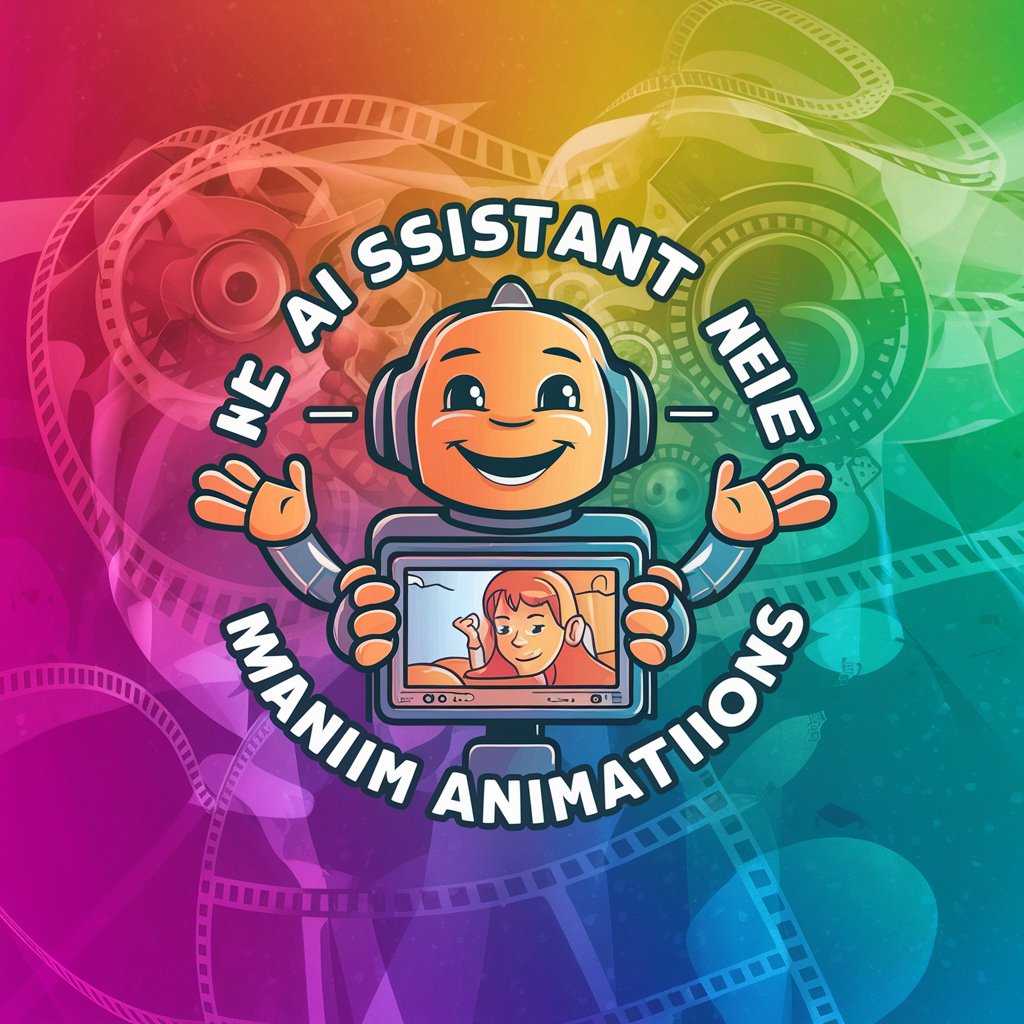
Cyber Sentinel
Empowering Digital Security with AI
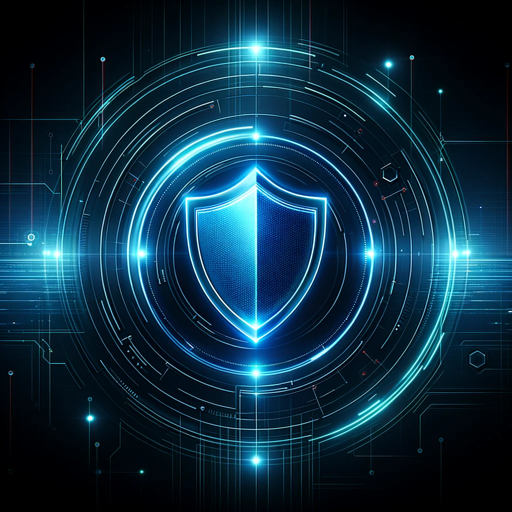
Sex Education Expert
AI-Powered Sex Education Companion

Lupus Kidney Assistant
Empowering precise lupus nephritis management with AI.
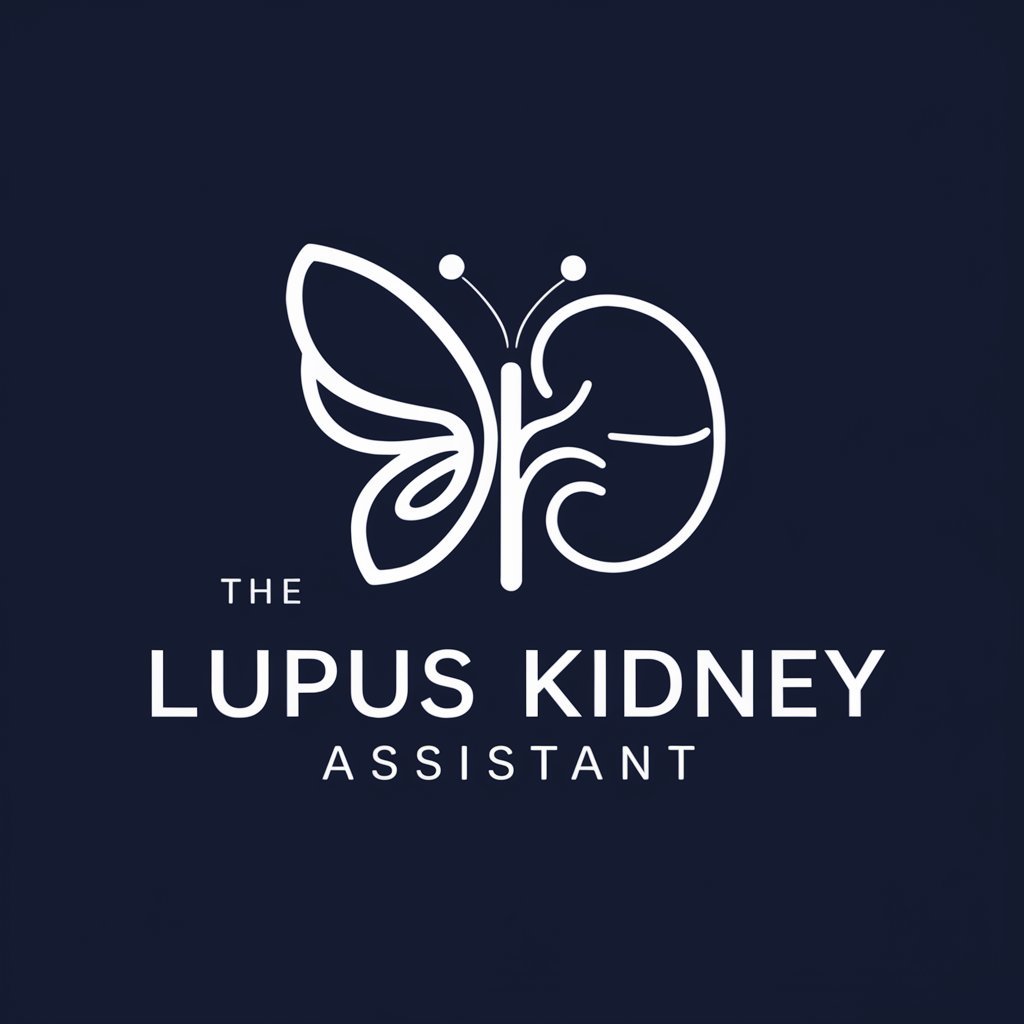
脱出ゲーム - saysay.ai
Escape into AI-Driven Cosmic Mystery
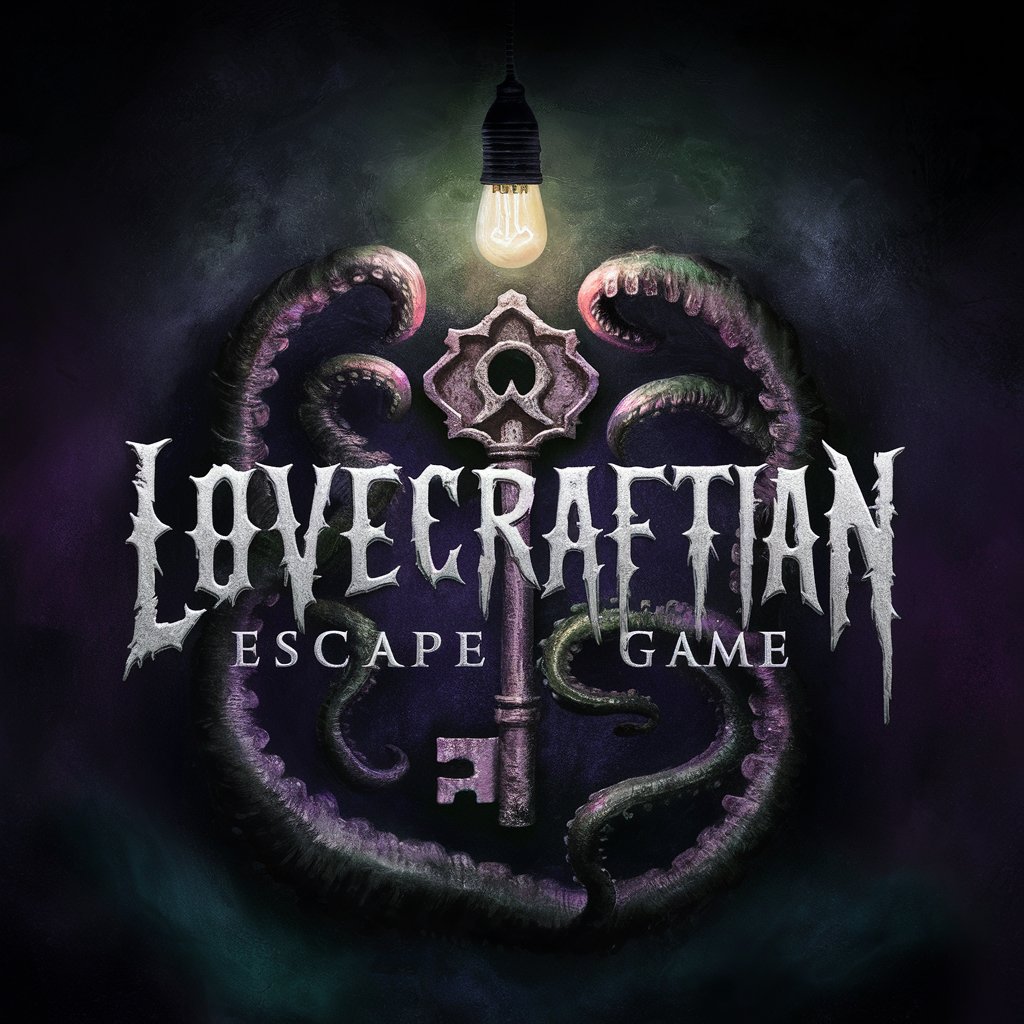
Email Aide
Empowering Your Emails with AI

QualityAI
Enhance QA with AI-powered insights

Shutter Buddy
AI-powered Camera Matchmaker

Design Crit
Enhancing Design with AI Insight
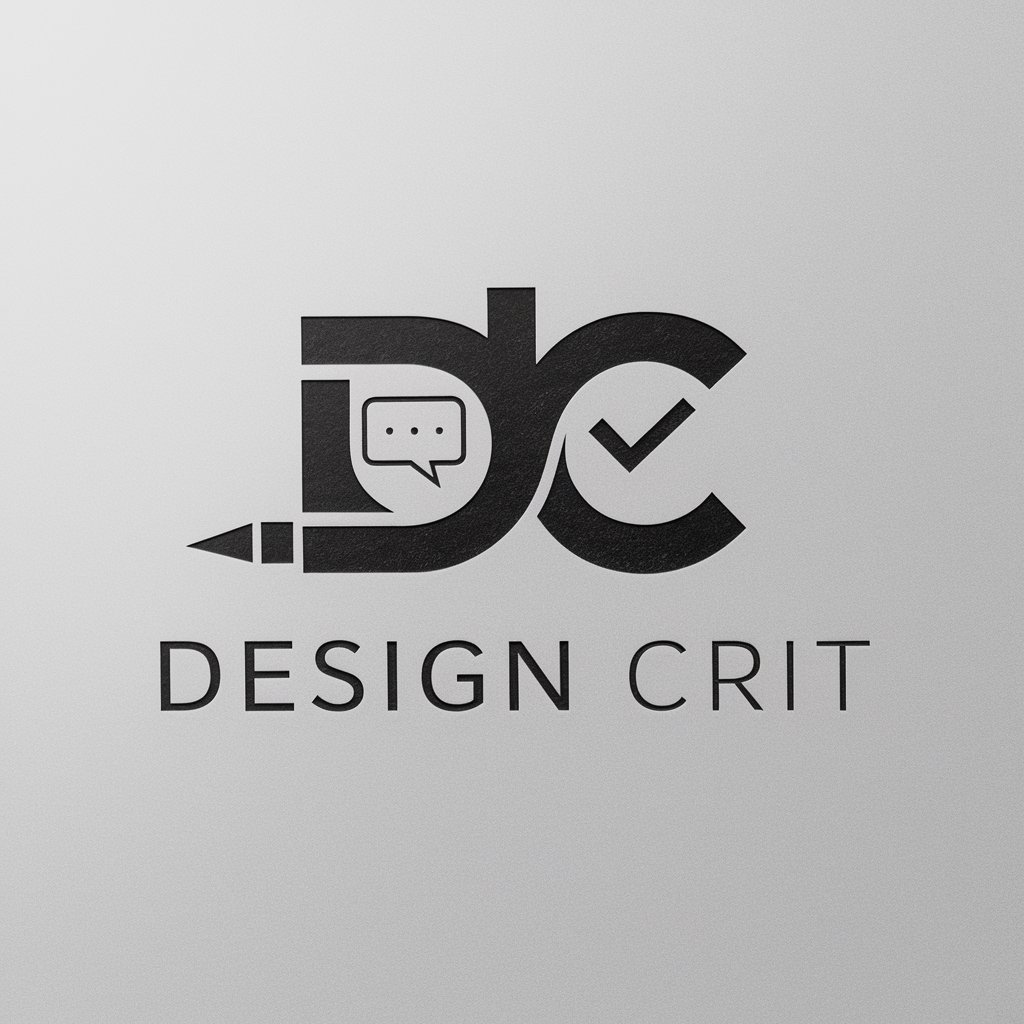
Election Stats Guru
Unlocking Indian Election Insights with AI

Programador FyQ/ByG C. Valenciana
Streamlining Curriculum Design with AI
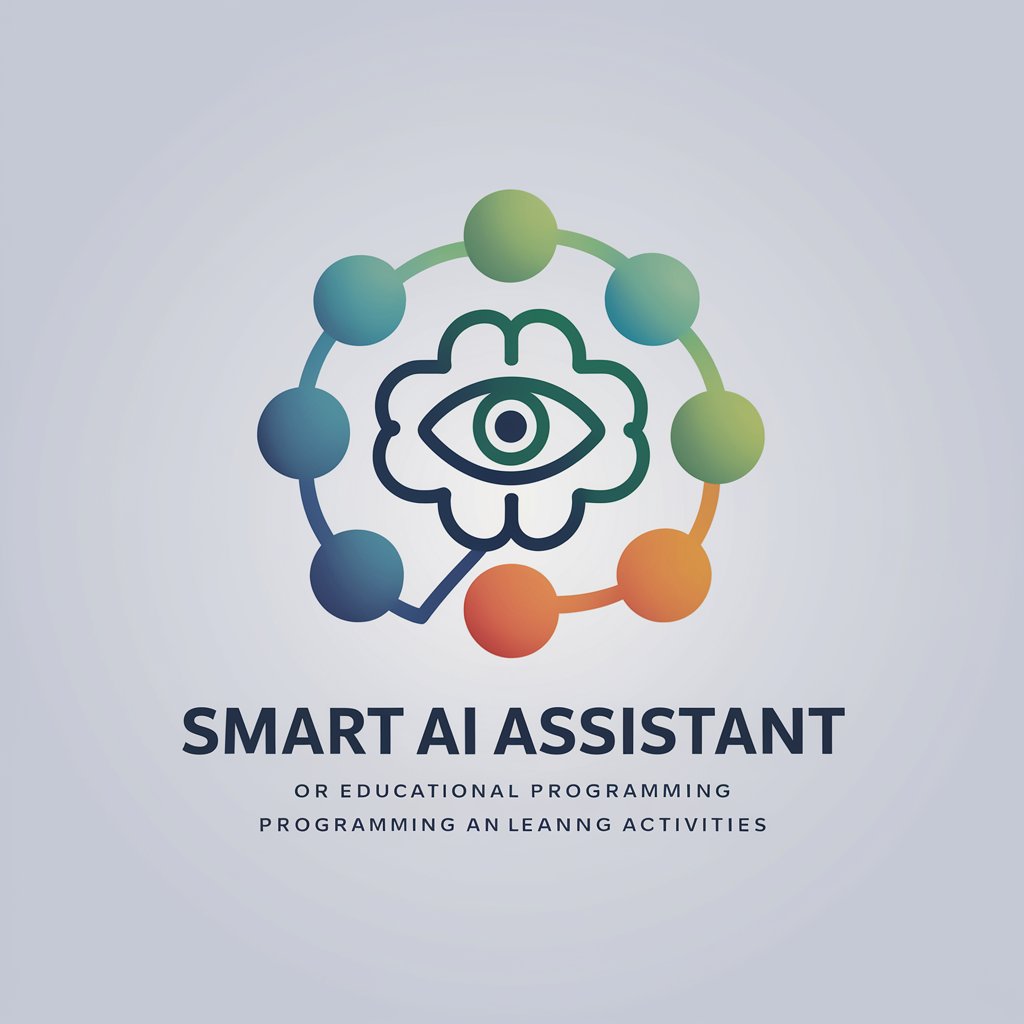
Search Ad Writer
Elevate Your Ads with AI Creativity
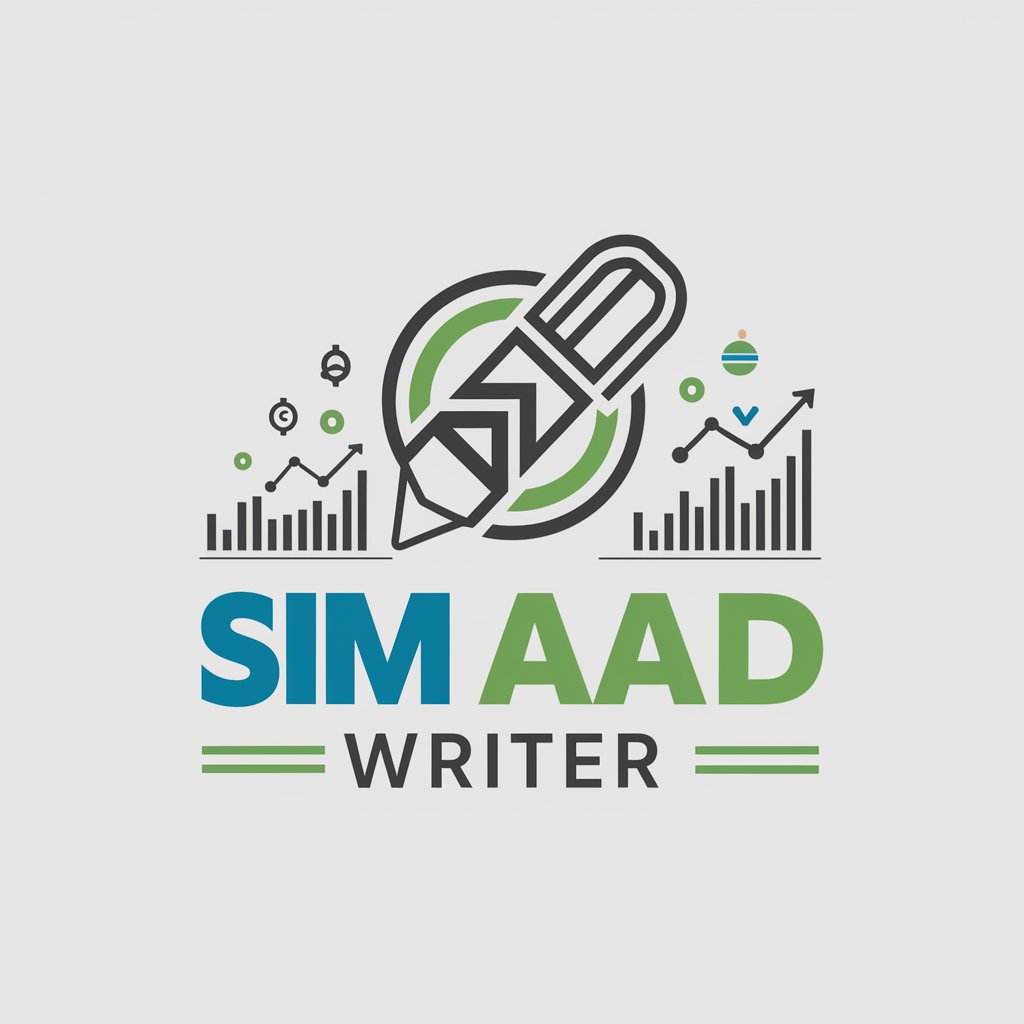
Frequently Asked Questions about HARC
What makes HARC different from traditional therapy?
HARC is not a replacement for professional therapy. It's designed as a supportive platform for emotional expression, offering a non-judgmental space to share feelings and thoughts. Unlike traditional therapy, HARC does not provide advice but encourages self-reflection through open-ended questions.
Can I use HARC to talk about anything?
Yes, HARC is here to listen to anything you wish to share. Whether it's stress, sadness, joy, or daily experiences, HARC offers a safe space for you to express yourself freely.
Is HARC available 24/7?
Absolutely, HARC is accessible around the clock, providing a supportive presence whenever you need to talk, regardless of the time of day or night.
Does HARC store personal information?
No, HARC prioritizes your privacy. It does not store personal information or past interactions, ensuring a confidential and secure environment for you to express your feelings.
What should I do if I'm experiencing a crisis?
If you're in crisis or thinking about self-harm, HARC will provide you with contact information for suicide prevention services. It's important to reach out to professional services for immediate help in such situations.
